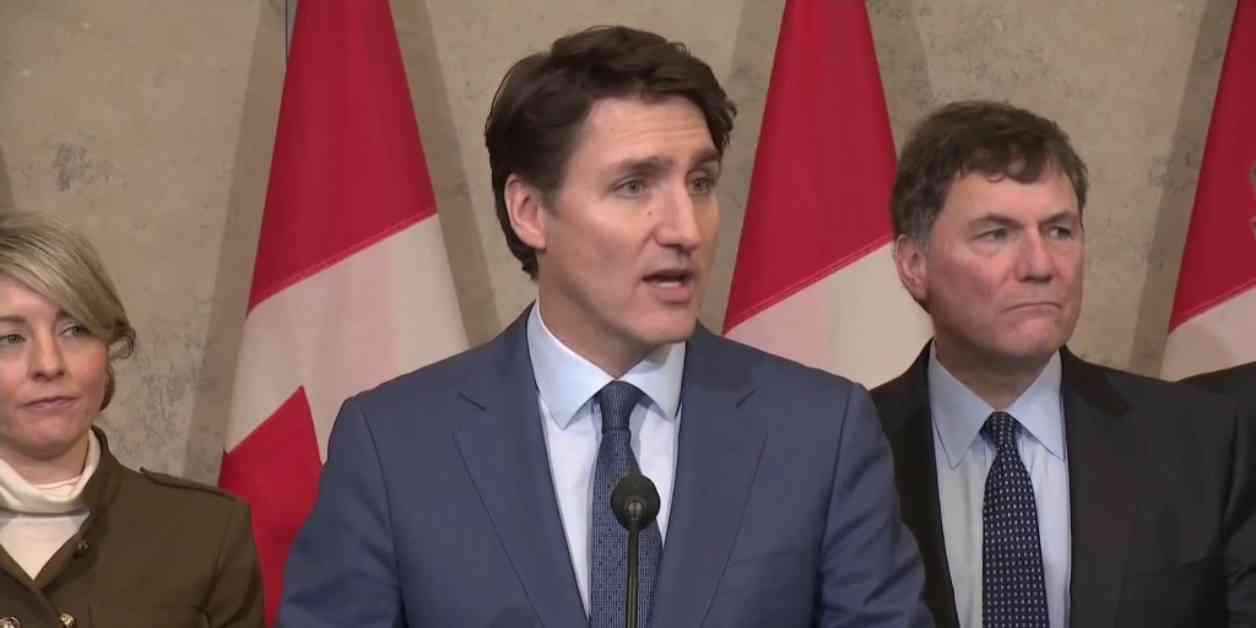Canadian Prime Minister Justin Trudeau has recently criticized U.S. President Donald Trump for imposing tariffs, sparking a heated debate on international trade policies. Trudeau’s bold statement comes in response to Trump’s decision to impose tariffs on Canadian steel and aluminum imports, a move that has raised concerns about potential trade wars and economic repercussions.
Trudeau’s Stand Against Tariffs
In a press conference held in Ottawa, Trudeau did not mince words when he called out Trump’s tariff decision as “a very dumb thing to do.” The Canadian Prime Minister expressed his disappointment and frustration over the tariffs, emphasizing the negative impact they could have on both Canadian and American economies. Trudeau’s strong stance reflects the growing tensions between the two neighboring countries, as they navigate complex trade negotiations and agreements.
Trudeau’s criticism of Trump’s tariffs highlights the challenges faced by world leaders in maintaining diplomatic relations while addressing economic disparities and trade imbalances. The escalating trade dispute between Canada and the United States underscores the need for open communication, mutual respect, and collaboration in addressing global economic challenges.
Expert Insights on Trade Policies
Experts have weighed in on the implications of Trump’s tariffs, emphasizing the potential “winners and losers all across the board.” The House Ways & Means Committee chair has underscored the complex nature of trade policies and their far-reaching consequences on various industries and stakeholders. As Trump is expected to defend his tariff policy in a speech to a joint session of Congress, the debate over protectionism versus free trade continues to dominate economic discussions.
The impact of tariffs on prices, businesses, and consumers remains a key concern, as the ripple effects of trade disputes can have widespread effects on global markets. Trump’s decision to impose tariffs has sparked reactions from leaders worldwide, with Canada vowing to respond “like they’ve never seen before.” The looming threat of retaliatory measures underscores the fragility of international trade relationships and the need for strategic negotiations to prevent further escalation.
In conclusion, Trudeau’s condemnation of Trump’s tariffs sheds light on the intricate dynamics of international trade and the complexities of economic diplomacy. As world leaders navigate uncertain terrain in the realm of trade policies, collaboration, dialogue, and compromise are essential to fostering sustainable economic growth and stability. The ongoing debate over tariffs serves as a reminder of the interconnectedness of global economies and the importance of fostering positive relationships based on mutual understanding and cooperation.


